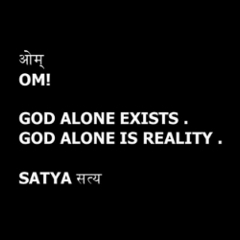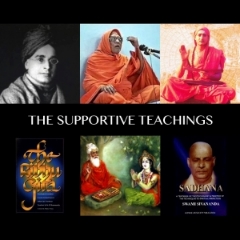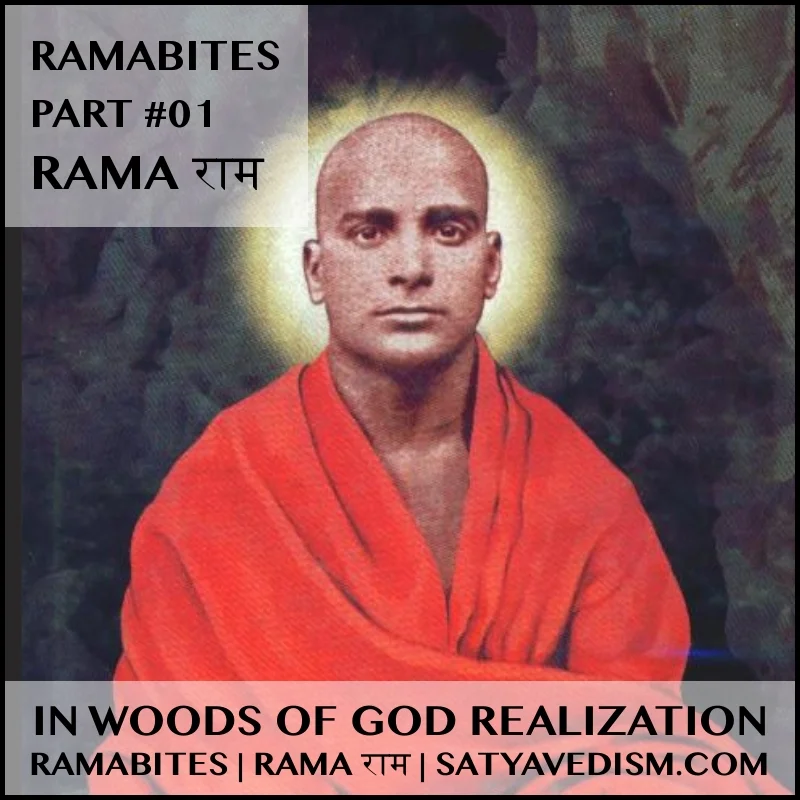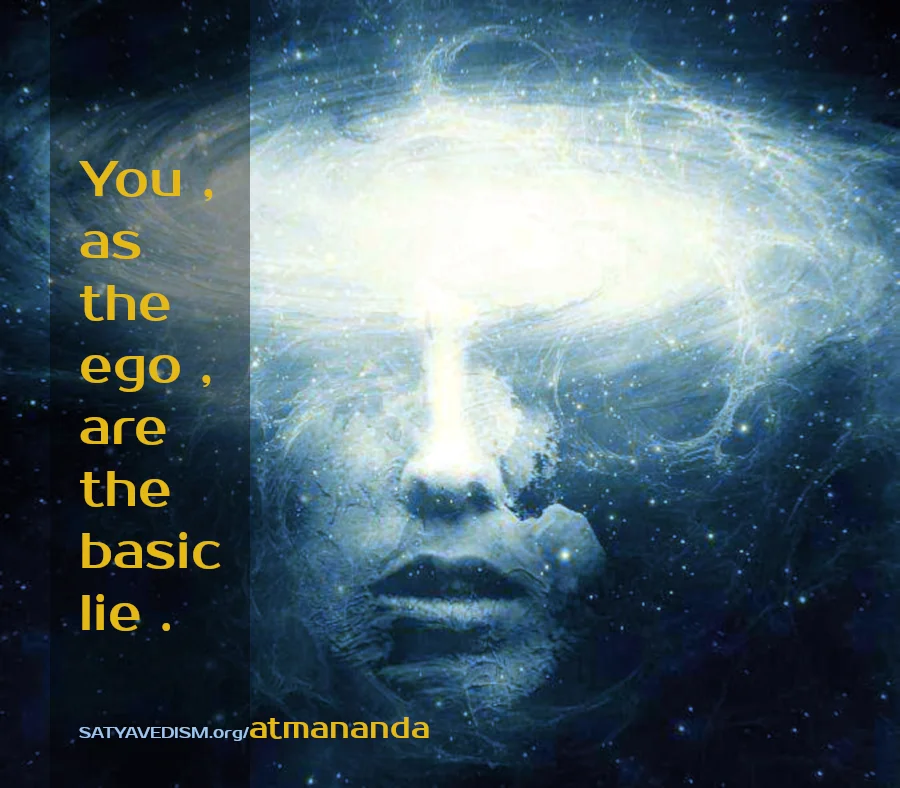TREATISE | TCTPHK | SEL004 | BERKELEY
| | homeTREATISE | TCTPHK | SEL004 | GEORGE BERKELEY
|| INTRODUCTION | 010 ||
Whether others have this wonderful faculty of abstracting their ideas , they best can tell : for myself , I find indeed I have a faculty of imagining , or representing to myself , the ideas of those particular things I have perceived , and of variously compounding and dividing them .
I can imagine a human with two heads , or the upper parts of a human joined to the body of a horse .
I can consider the hand , the eye , the nose , each by itself abstracted or separated from the rest of the body .
But then whatever hand or eye I imagine , it must have some particular shape and colour .
Likewise the idea of human that I frame to myself must be either of a white , or a black , or a tawny , a straight , or a crooked , a tall , or a low , or a middle-sized human .
I cannot by any effort of thought conceive the abstract idea above described .
And it is equally impossible for me to form the abstract idea of motion distinct from the body moving , and which is neither swift nor slow , curvilinear nor rectilinear ; and the like may be said of all other abstract general ideas whatsoever .
To be plain , I own myself able to abstract in one sense , as when I consider some particular parts or qualities separated from others , with which , though they are united in some object , yet it is possible they may really exist without them .
But I deny that I can abstract one from another , or conceive separately , those qualities which it is impossible should exist so separated ; or that I can frame a general notion , by abstracting from particulars in the manner aforesaid . Which two last are the proper acceptations of abstraction .
And there are grounds to think most humans will acknowledge themselves to be in my case .
The generality of humans which are simple and illiterate never pretend to abstract notions .
It is said they are difficult and not to be attained without pains and study ; we may therefore reasonably conclude that , if such there be , they are confined only to the learned .
|| INTRODUCTION | 011 ||
I proceed to examine what can be alleged in defence of the doctrine of abstraction , and try if I can discover what it is that inclines the humans of speculation to embrace an opinion so remote from common sense as that seems to be .
There has been a late deservedly esteemed philosopher ( John Locke ) who , no doubt , has given it very much countenance , by seeming to think the having abstract general ideas is what puts the widest difference in point of understanding betwixt human and beast .
" The having of general ideas " , saith the philosopher , " is that which puts a perfect distinction betwixt humans and brutes , and is an excellency which the faculties of brutes do by no means attain unto .
For , it is evident we observe no foot-steps in them of making use of general signs for universal ideas ; from which we have reason to imagine that they have not the faculty of abstracting , or making general ideas , since they have no use of words or any other general signs . "
And a little after :
" Therefore , I think , we may suppose that it is in this that the species of brutes are discriminated from humans , and it is that proper difference wherein they are wholly separated , and which at last widens to so wide a distance .
For , if they have any ideas at all , and are not bare machines ( as some would have them ) , we cannot deny them to have some reason .
It seems as evident to me that they do , some of them , in certain instances reason as that they have sense ; but it is only in particular ideas , just as they receive them from their senses .
They are the best of them tied up within those narrow bounds , and have not ( as I think ) the faculty to enlarge them by any kind of abstraction . "
( Essay on Human Understanding , B . 2 . C . 11 . Section 10 + 11 )
I readily agree with this learned author , that the faculties of brutes can by no means attain to abstraction .
But then if this be made the distinguishing property of that sort of animals , I fear a great many of those that pass for humans must be reckoned into their number .
The reason that is here assigned why we have no grounds to think brutes have abstract general ideas is , that we observe in them no use of words or any other general signs ; which is built on this supposition , to wit , that the making use of words implies the having general ideas .
From which it follows that humans who use language are able to abstract or generalize their ideas .
That this is the sense and arguing of the author will further appear by the author's answering the question the author in another place puts :
" Since all things that exist are only particulars , how come we by general terms ? "
The answer is :
" Words become general by being made the signs of general ideas . " ( Essay on Human Understanding , B . 3 . C . 3 . Section 6 )
But it seems that a word becomes general by being made the sign , not of an abstract general idea , but of several particular ideas , any one of which it indifferently suggests to the mind .
For example , when it is said :
" the change of motion is proportional to the impressed force " ,
or that :
" whatever has extension is divisible " ;
these propositions are to be understood of motion and extension in general ; and nevertheless it will not follow that they suggest to my thoughts an idea of motion without a body moved , or any determinate direction and velocity , or that I must conceive an abstract general idea of extension , which is neither line , surface , nor solid , neither great nor small , black , white , nor red , nor of any other determinate colour .
It is only implied that whatever motion I consider , whether it be swift or slow , perpendicular , horizontal , or oblique , or in whatever object , the axiom concerning it holds equally true .
As does the other of every particular extension , it matters not whether line , surface , or solid , whether of this or that magnitude or figure .
SOURCE | SATYAVEDISM.ORG



































































































